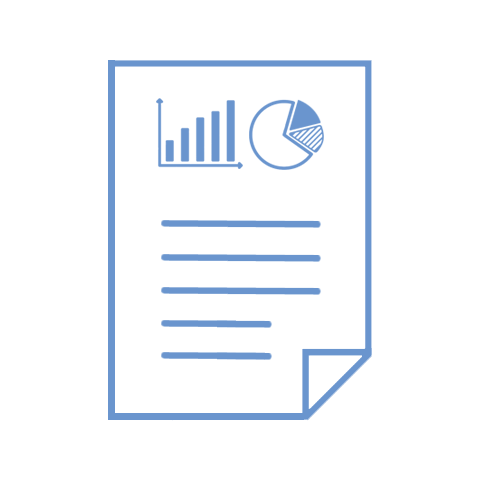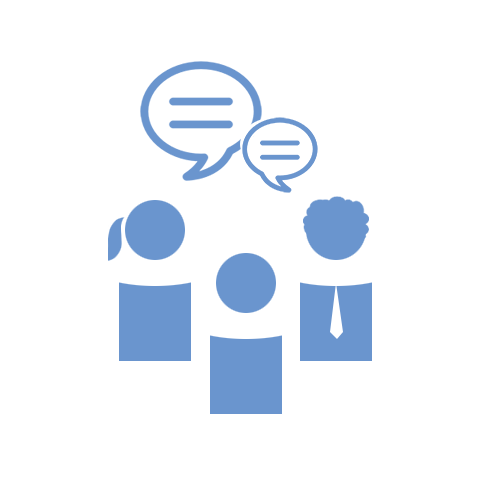
Hi there,
How was your April 1st?
If you’re looking for further amusement, Giving What We Can is sponsoring a new board game, Students for High-Impact Charity is expanding to target preschoolers and various researchers show that it’s not only implausible for machines to exceed human size, but also impossible.
Happy reading!
The Team
Articles and Community Posts
Have you ever wondered what the world’s most pressing problems are? 80,000 Hours has, and after 8 years of research, they have some answers!
If reading that made you want to roll up your sleeves, Richard Blatty from the Good Technology Project compiled a list of lists of concrete projects for EAs to adopt.
Those in a more reflective mood will value Schubert and Garfinkel’s article on the implications of hard-to-reverse decisions for option value, and what this means for EA as a movement.
They might also enjoy this elucidation and defence of effective altruism, which engages with critics and identifies areas for improvement.
Bill Gates is betting on chickens as a means of lifting people out of poverty. Chicago University based economist Chris Blattman says “Nope, try just giving cash instead.”
On a lighter note, readers may enjoy Simon Armstell’s new BBC mockumentary Carnage, set in an all-vegan 2067.

Updates from EA Organizations
80,000 Hours
80,000 Hours held their annual research retreat, considering questions like how much causes differ in impact and how to apply supply-demand analysis to the impact of different jobs. They will be releasing new research over the coming months.
Animal Charity Evaluators
ACE has published a new post on how the behavior of major funders impacts their recommendation decisions. They have also published a guest blog post by Adam Shriver on how advocates can leverage political conventions to create impact for animals.
Centre for Effective Altruism
CEA has completed their time at Y Combinator and in the five weeks since its launch, EA Funds has processed nearly $500,000 in donations. They have also shared their guiding principles, which a number of other organisations and individuals support.
Centre for the Study of Existential Risk
CSER held two workshops on biological risks: Eighth Review Conference of the Biological Weapons Convention: Where Next? and Developing a Research Agenda and Methodologies for Extreme Bio-Risks.
Future of Humanity Institute
FHI released its quarterly research update and received a grant of roughly £1.7m from the Open Philanthropy Project. Nick Bostrom’s paper on Openness in AI Development was published in Global Policy. Their April Fool on Supersized Machines became one of PhilPaper’s most downloaded papers within two days.
GiveWell
GiveWell published the first three parts of their annual review: Part 1, Part 2, and Part 3. They also described their decision on how to grant funds that were donated to be granted at GiveWell's discretion and what that means for donors.
Machine Intelligence Research Institute
MIRI has released an introductory resource on using machine learning to address AI risk. They also have a new paper on their approach to decision theory, titled “Cheating Death in Damascus”.
Open Philanthropy Project
The Open Philanthropy Project described their progress in 2016 and plans for 2017. They also discussed technical and philosophical questions that might influence their overall grantmaking strategy in a blog post aimed at researchers.
Raising for Effective Giving
REG has launched a collaboration with PokerStars, the biggest online poker site, for their online tournaments in spring. It is also collaborating with 888poker, the second biggest online poker site, for a tournament series. REG outlined its goals for 2017 in a blog post.
Students for High Impact Charity
SHIC released their first interim report reviewing performance metrics in 2016. They were encouraged by the high number of participants who reported changes in perception and intended behavior.
The Life You Can Save
The Life You can Save has released their 2016 Annual Report. Highlights include strong growth in money moved, partnership development and infrastructure building.

Jobs
IT Developer at the Against Malaria Foundation
Operations Manager at the Against Malaria Foundation
Post Doc in AI Safety and Control at the Centre for Human-Compatible AI
Web Developer at the Centre for Human-Compatible AI
Part-time and full-time positions at GiveWell
Various positions and internships at the Humane League
Various positions at Impossible Foods
Various positions and internships at Open AI
Grants Associate at The Open Philanthropy Project
Announcements
The Open Philanthropy Project is currently accepting pre-proposals for risk assessment projects in the biosecurity and pandemic preparedness field.
ACE is looking for participants to take part in a 30-second website usability test.
Applications for EA Global Boston in June are now open.
Timeless Classics
Evan G. Williams argues that our society is very likely to be unknowingly guilty of serious, large-scale moral catastrophes. He presents two arguments: inductive and disjunctive. Subsequently, the EA Community has devoted greater attention to moral progress and Cause X, identifying potential moral catastrophes that our ancestors and peers may have overlooked.

Go forth and do the most good!
Let us know how you like the Newsletter and how we can improve it further.
If you're interested in the past editions of this newsletter, you can find them all here.
Kerry, Larissa, Linchuan, Richenda, Pascal and Sören
– The Effective Altruism Newsletter Team
The Effective Altruism Newsletter is a joint project between the Centre for Effective Altruism, the Effective Altruism Hub and .impact
Get Involved in Effective Altruism
This is an archived version of the EA newsletter sent to 39,623 subscribers on April 6, 2017.
To see the full archives, click here.


